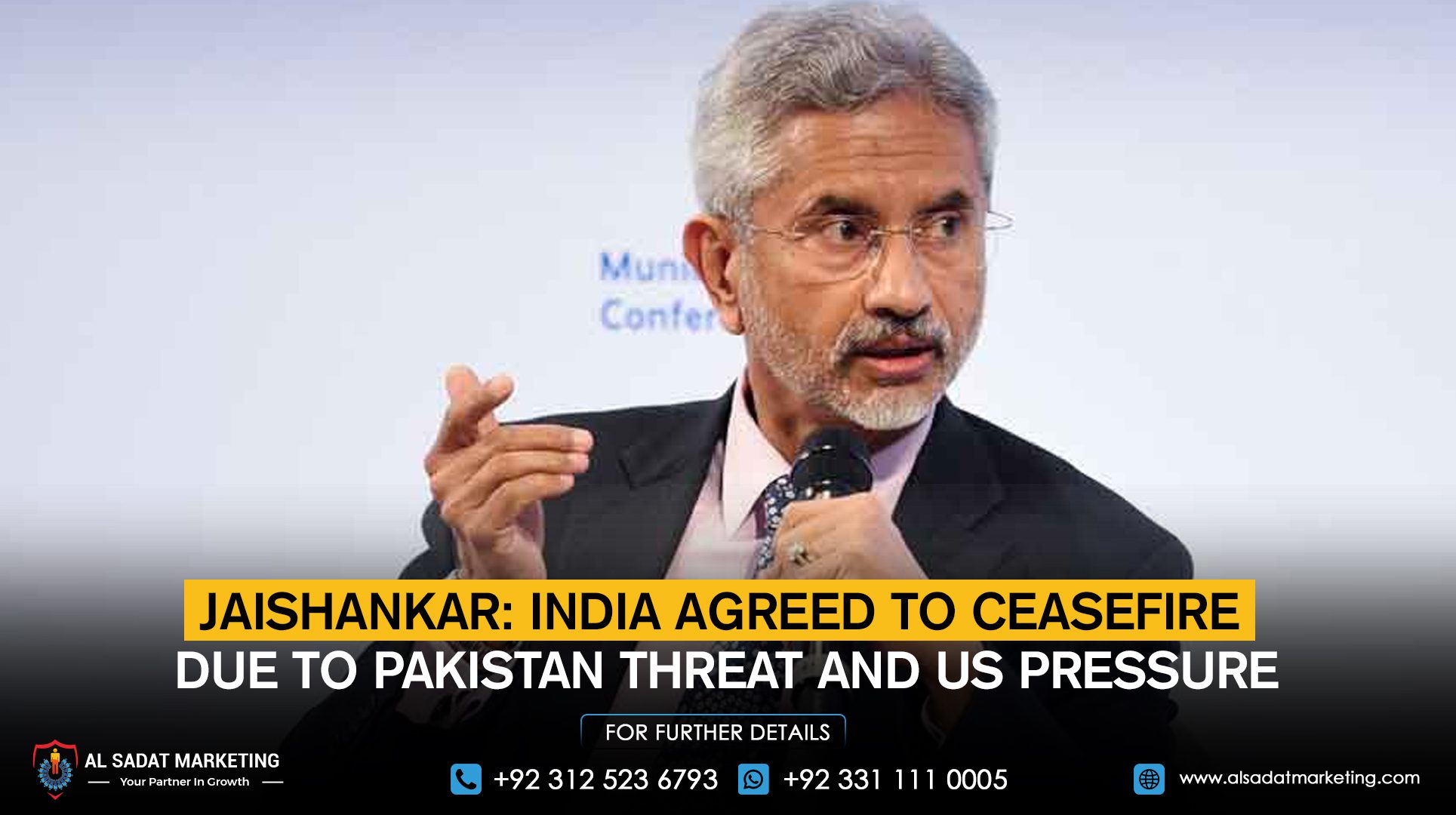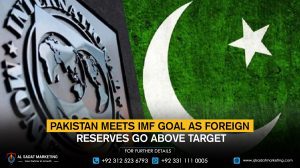In a shocking admission, Indian External Affairs Minister S. Jaishankar said that India consented to a ceasefire in May because of the direct American participation and the immediate danger of a significant military reaction from Pakistan.
Jaishankar revealed in a Newsweek interview that US Vice President JD Vance personally contacted Indian Prime Minister Narendra Modi on the evening of May 9 to urge India to accept the ceasefire in order to avoid Pakistan’s full-scale reprisal.
I was present when US Vice President JD Vance called Prime Minister Narendra Modi on the evening of May 9. Jaishankar acknowledged for the first time that US diplomatic pressure had affected the decision to suspend Indian military operations, saying, “He told us that if we did not agree to certain terms, Pakistan would launch a major assault on India.”
The Indian foreign minister claimed that Prime Minister Modi has indicated that India was prepared to react. Pakistan launched a massive onslaught that evening. We struck back right away.
He further mentioned that US Secretary of State Marco Rubio called him the next morning to let him know that Pakistan was prepared to engage in talks.
Furthermore, Jaishankar has once again charged Pakistan with being involved in terrorist attacks, like as the April attack in Pahalgam that claimed lives. Jaishankar called the incident in Indian-administered Kashmir on April 22 a “critical moment” for India in an interview given when he was in the US for a meeting of the Quad foreign ministers. “The Pahalgam attack was a turning point, and there is a growing sentiment in India that enough is enough,” he said.
“We decided that we cannot allow terrorists to operate freely,” he continued. We had to confront the notion that terrorists can operate across the border and get away with it, and we succeeded in doing just that.
Pakistan disputes any involvement
Any connection in the Pahalgam massacre, in which 26 persons were killed by unidentified gunmen, has been emphatically rejected by Pakistan. But after that, tensions quickly increased.
In retaliation for the Pahalgam event, India began attacking Pakistan on May 7. The two nuclear-armed neighbors then launched a string of missile and drone attacks in response. Three days later, on May 10, the United States successfully mediated an end to the fighting.
Prime Minister Shehbaz Sharif and other Pakistani authorities have unofficially recognized that US President Donald Trump was the one who mediated the truce.
“We want to make it absolutely clear, there will be no freedom for terrorists to operate,” Jaishankar told Newsweek, restating India’s position. We will no longer put up with proxy wars.
“We will not let nuclear blackmail stop us from protecting ourselves,” he continued. We’ve heard for years that India ought to exercise prudence since both sides have nuclear weapons; that argument is over.
The Indian minister issued a warning, saying, “If something bad happens to us, we will cross the border and target those who harm us.”










